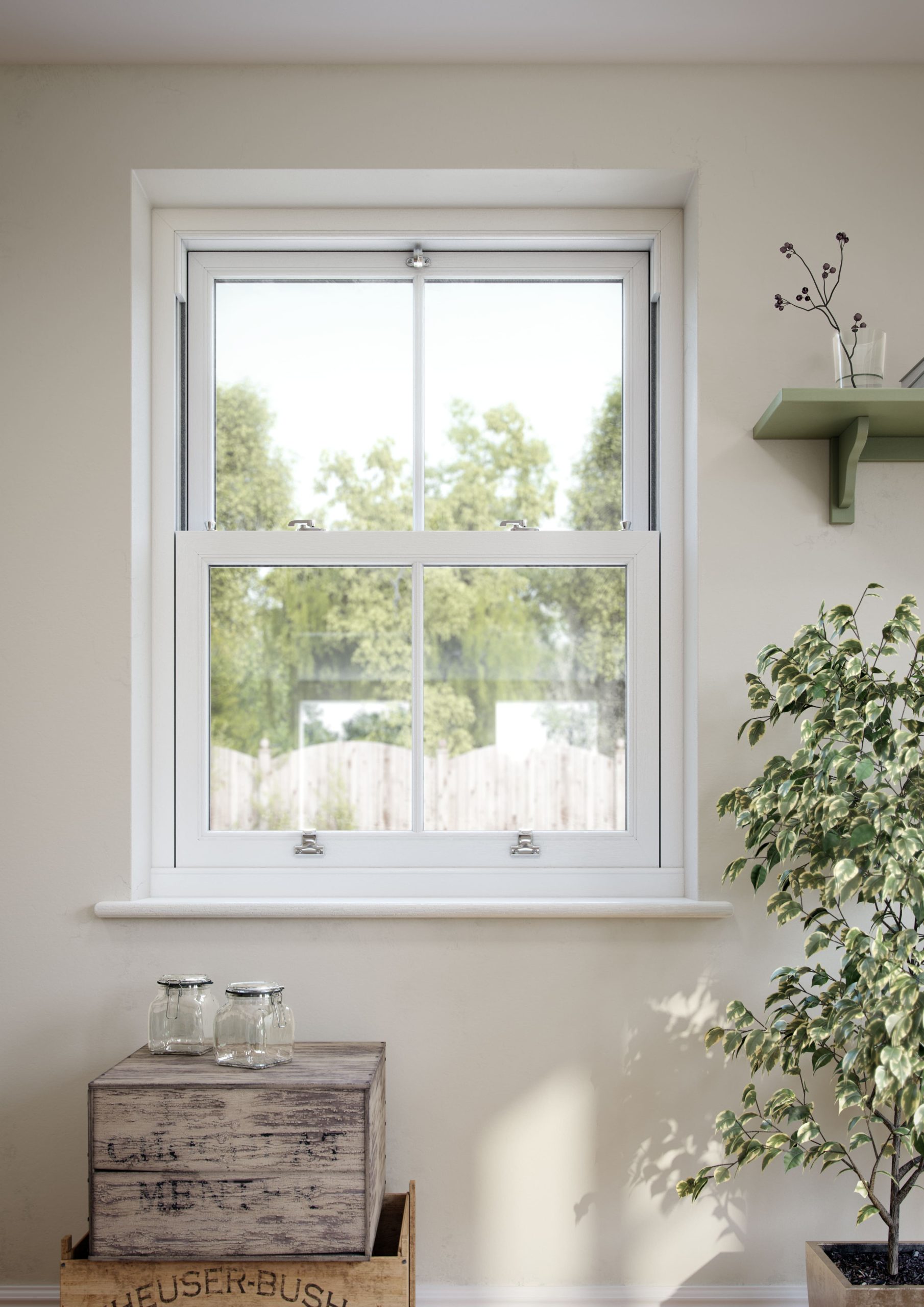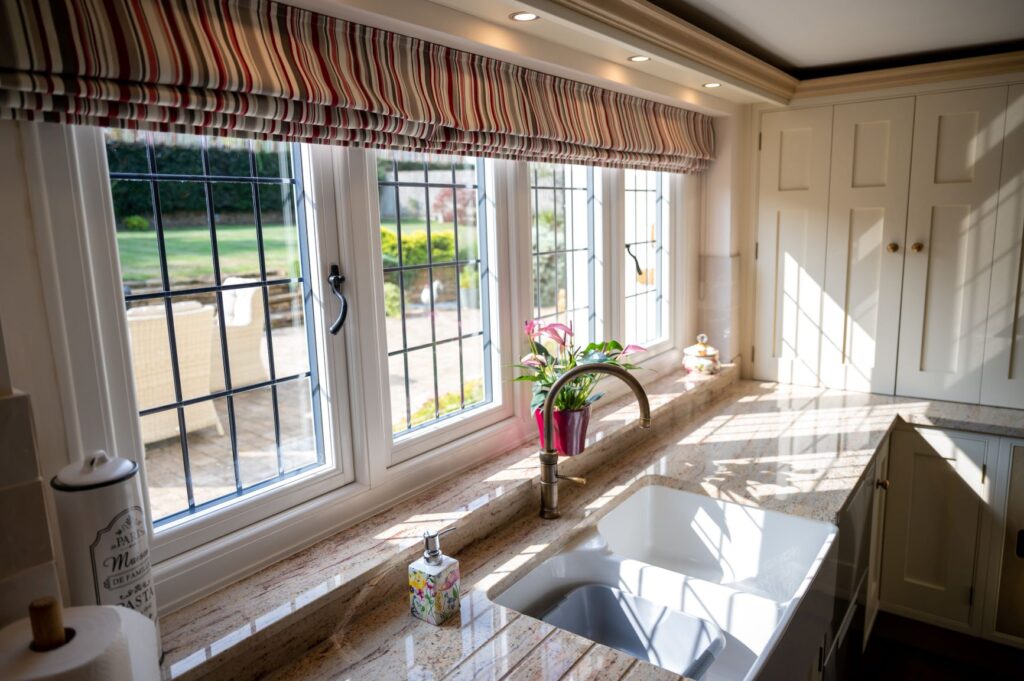Choosing new doors for your home involves more than just picking something that looks good. Your choice affects security, thermal efficiency, your energy bills and the way your home looks.
At Windows & Doors 2 You, customers often ask us about the differences between uPVC doors (which come in various styles from front doors to French doors) and composite doors (primarily used as front doors).
We’ve created this straightforward guide to help you understand what sets these options apart. We’ll explore the key differences and compare them across several important factors.
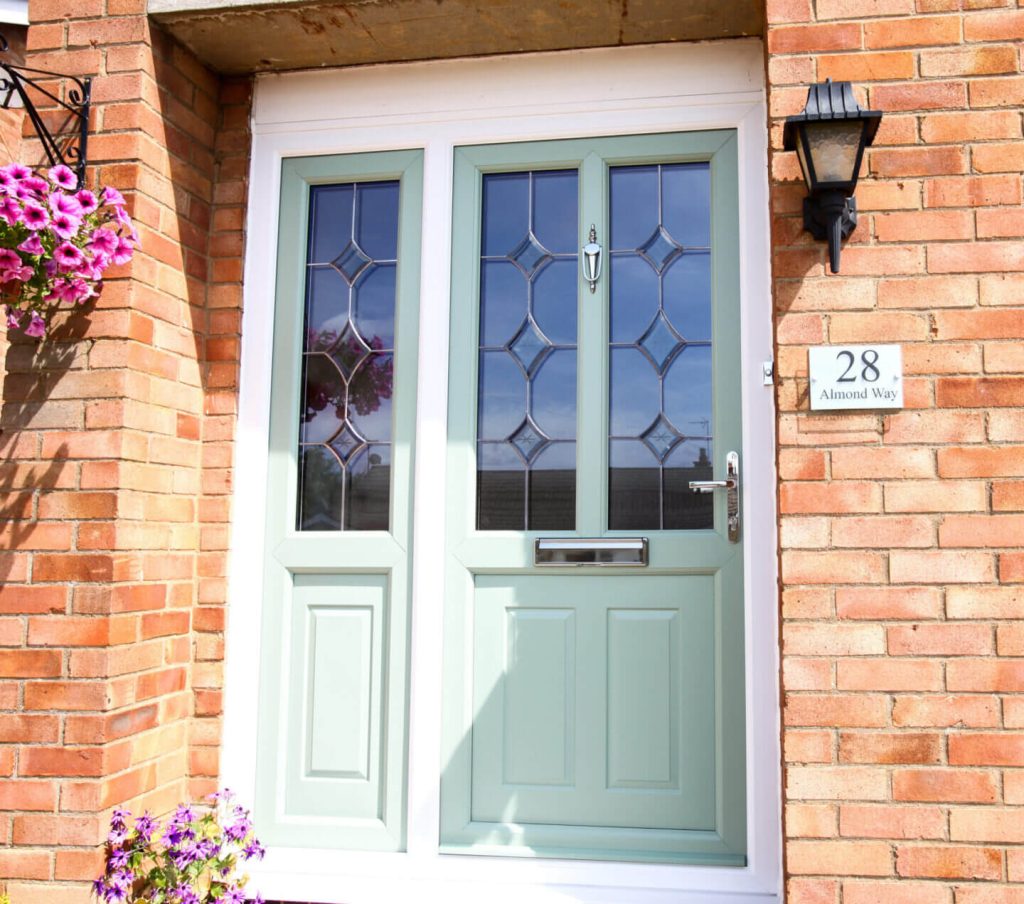
Materials
uPVC Doors
UPVC doors are made from unplasticised polyvinyl chloride – a rigid, durable plastic. This material has become the go-to choice for doors and windows across the UK due to its versatility and cost-effectiveness.
Its popularity stems from the perfect balance of affordability, durability, and insulation.
Composite Doors
Composite doors combine several materials to maximise benefits. They feature a solid timber core or high-density foam core surrounded by a GRP (Glass Reinforced Plastic) skin. This combination of materials creates a door that mimics the look of traditional wooden doors but with far greater performance.
Durability
uPVC Doors
UPVC is a tough material that stands up well to UK weather. A good quality UPVC door should last 15-20 years with minimal maintenance. They won’t rot, warp or corrode, though they can fade slightly over time with exposure to strong sunlight.
Composite Doors
Composite doors are built for exceptional durability, typically lasting longer than uPVC, often 30+ years. The GRP skin is highly resistant to dents, scratches, and fading, while the solid core provides robustness that uPVC can’t match. They handle moisture exceptionally well, with no risk of warping or swelling in wet conditions – a common problem with traditional wooden doors.
Energy Efficiency
uPVC Doors
UPVC doors offer excellent thermal efficiency, helping to keep draughts out and warmth in. They feature internal chambers that trap air, creating natural insulation. With high-quality glazing, they can significantly reduce heat loss compared to older door types.
Composite Doors
This is where composite doors shine. The combination of a thick solid core and insulating materials provides superior thermal performance. During colder months, you’ll notice the difference as composite doors are particularly effective at preventing heat loss, potentially helping to lower your energy bills.
Style Options
uPVC Doors
Our uPVC doors come in various styles and finishes to suit different homes. While classic white remains popular, we also offer contemporary greys, blacks, and woodgrain effects that mimic natural timber. They also come with a range of handles, letterplates, and glazing options.
Composite Doors
Our composite door collection offers a wider choice. With over 200 style and colour combinations available, you can find everything from heritage designs perfect for period properties to sleek modern options for contemporary homes. Colours like Chartwell Green, Duck Egg Blue, and various woodgrain finishes are particularly popular.
Key Differences at a Glance
UPVC doors offer excellent value, good insulation, and require minimal maintenance, making them a practical and cost-effective choice for various door types throughout your home.
Composite doors, while typically more expensive, provide superior durability, better thermal efficiency, and added security thanks to their solid core construction and GRP outer skin.
Our uPVC Door Range
At Windows & Doors 2 You, we offer several types of uPVC doors:
- Entrance Doors: Our front and back doors provide security and insulation while improving your home’s appearance
- French Doors: These traditional double doors provide excellent garden access
- Sliding Doors: Our patio doors save space while maximising light and views
- Bi-fold Doors: These versatile doors fold back completely, creating a seamless transition between indoor and outdoor spaces
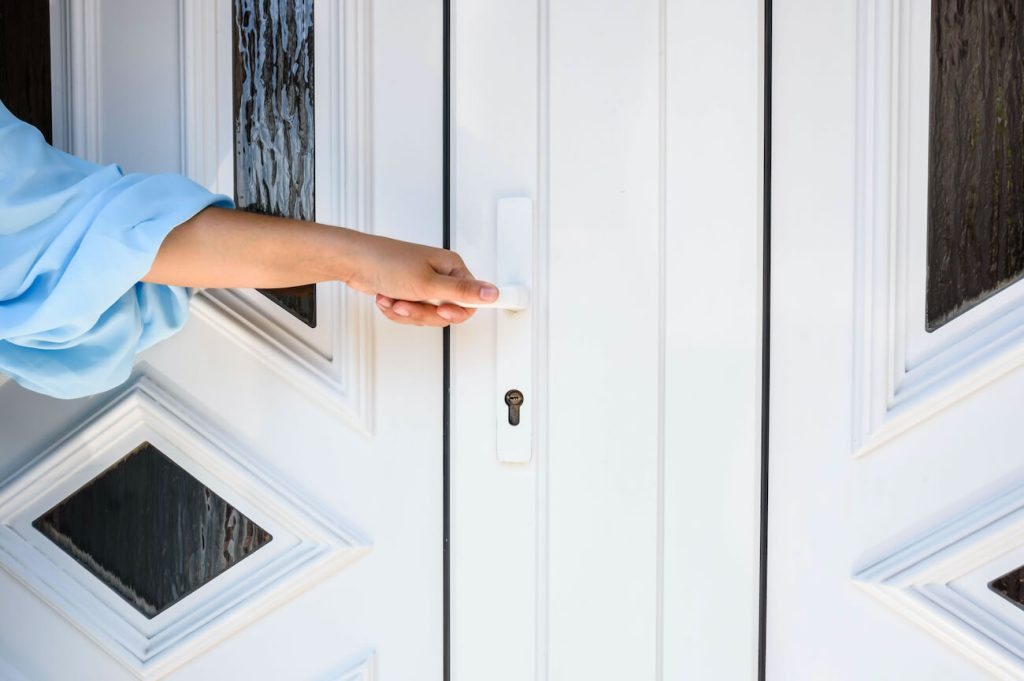
Our Composite Door Options
Our composite door range includes:
- Traditional solid timber core doors for maximum strength and security
- High-density foam core options for superior thermal efficiency
- A stunning collection of colours and styles to suit any property type.
- Various glazing options, from classic Georgian bars to frosted designs
Each door is fitted with high-security multi-point locking systems as standard, giving you complete peace of mind.
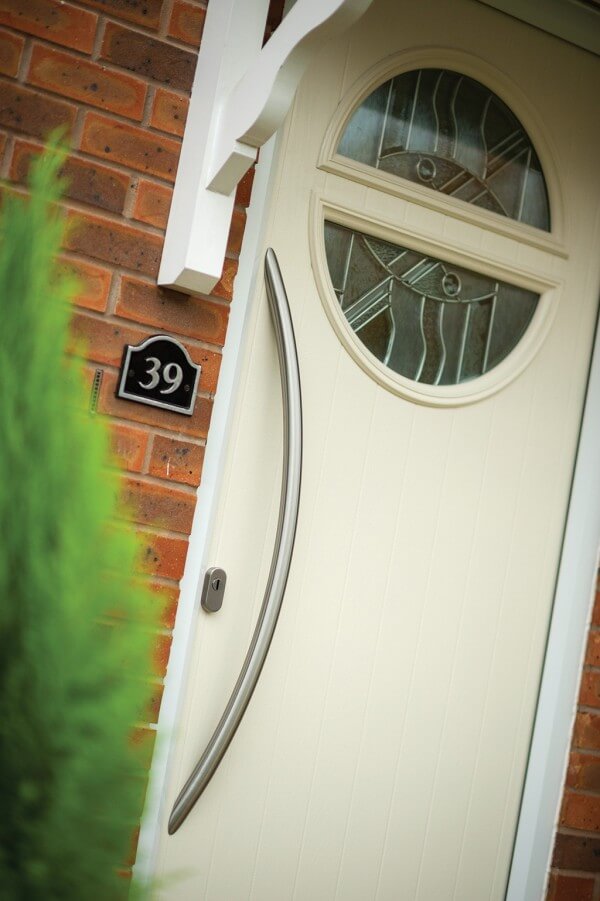
Making Your Choice
When deciding between uPVC and composite doors, consider what matters most to you. If budget is your main concern, uPVC offers excellent value and good all-round performance. If you’re looking for the best in durability, security, and thermal efficiency, and don’t mind the higher upfront cost, composite doors are the superior option.
A great way to decide is to see and use them in person. You can do this at our showroom, and at the same time, we can discuss your home improvement project with you. You can find this at Unit 27, Hortonwood 33, Telford, Shropshire, TF1 7EX.
To arrange a free, no obligation quote, you can:
- Call us on 01952 474898
- Email us at info@windowsanddoors2you.co.uk
- Use our online contact form
Frequently Asked Questions
Are composite doors worth the extra cost over uPVC?
For many homeowners, yes. The superior insulation, high level of security, longer lifespan, and wide range of styles often make composite doors a worthwhile investment despite the higher initial price. They also increase the value of your property.
How much maintenance do these doors require?
Both door types are very low maintenance, especially compared to timber doors. An occasional wipe with soapy water is usually all that’s needed.
Can I get a coloured door?
Yes! Composite doors offer the best colour longevity as the colour is integrated into the GRP skin rather than applied as a surface coating.
More From Us
